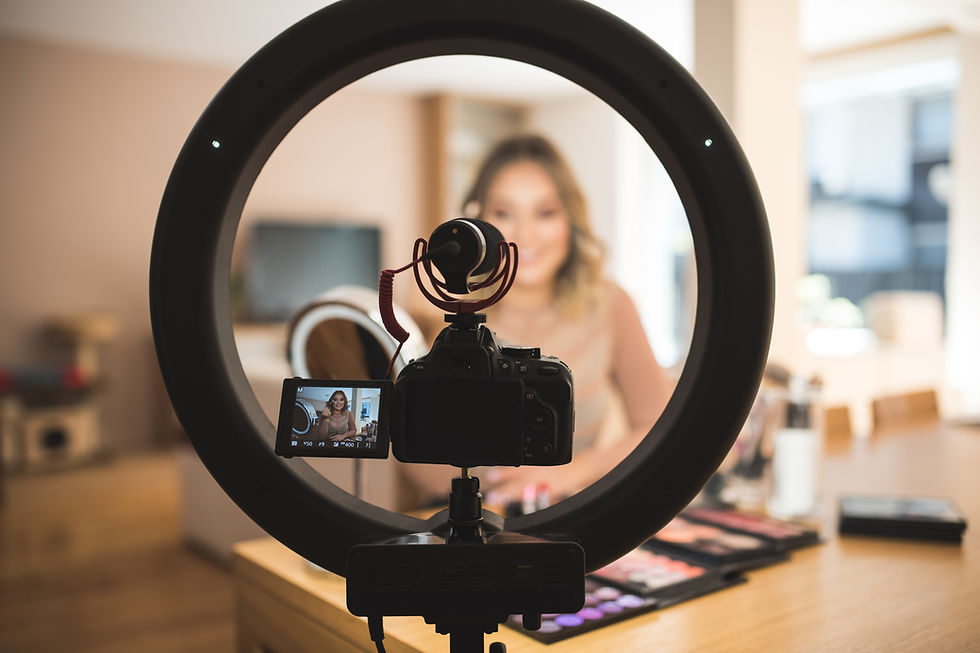Blurred Boundaries with AI: Why Human Therapy Still Matters
- Info Blue Oak Counseling

- Sep 12, 2025
- 2 min read

A New Kind of “Friend”
These days, AI chatbots are everywhere. They can chat with you at 2 AM, answer questions, and even give emotional support. For someone feeling lonely or stressed, it can feel like having a “friend” who’s always available.
But here’s the thing: while AI can sound caring, it’s not the same as a real person. And if we lean too heavily on it, the line between healthy use and emotional dependence can get blurry.
The Risks of Relying Too Much on AI
It’s easy to see why people turn to AI. It’s quick, it doesn’t judge, and it’s always there. But when it starts replacing real connection, problems can show up.
You might pull away from friends and family because “the chatbot gets me.”You might forget that its “empathy” is programmed, not genuine. You might miss out on the kind of growth that comes from real human feedback. It can make loneliness worse in the long run, even if it feels comforting in the moment.
Why Real Therapy is Different
Talking with a therapist isn’t just about getting answers. It’s about being seen, understood, and supported in ways technology can’t copy. A human therapist can:
Pick up on your tone, body language, and emotions. Help you dig into why you feel the way you do. Offer tools that fit your specific situation, not just generic advice. Build trust and a safe relationship that grows over time.
That kind of connection, the real and human kind, makes all the difference when you’re working through stress, anxiety, or grief.
Finding a Healthy Balance
AI can be useful for quick info or brainstorming ideas, but it shouldn’t replace real support. If you notice yourself opening up to a chatbot more than to people in your life, it might be a sign you’re craving deeper connection. And that’s a need therapy was designed to meet.
Q&A: AI vs. Human Therapy
Q: Is it bad to talk to AI when I’m lonely?
A: Not necessarily. It can feel supportive in the moment. The risk is when it starts replacing human connection instead of being just a tool.
Q: How do I know if I’m relying too much on AI?
A: If you find yourself avoiding friends, family, or real conversations because you prefer the chatbot, that’s a red flag.
Q: Why is therapy better than AI?
A: Therapy gives you genuine empathy, personalized tools, and a safe relationship that evolves over time. AI can’t truly understand or adapt to your deeper needs.
Q: Can AI ever replace a therapist?
A: No. AI can be a helpful resource, but real healing requires human connection, trust, and accountability.
Q: What should I do if I feel more connected to AI than to people?
A: That might be a sign of loneliness or social disconnection. Talking to a therapist can help you rebuild confidence, improve relationships, and find healthier ways to connect.







Comments